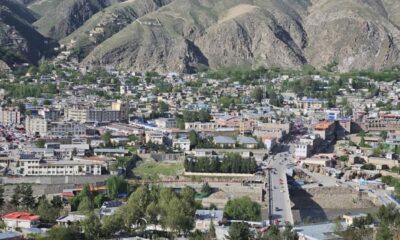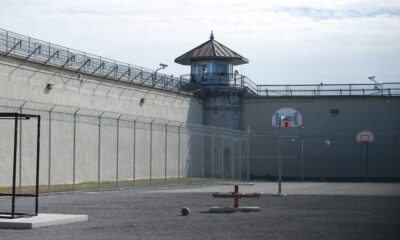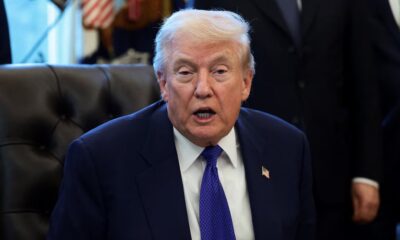World
Only 45% of Democrats want Biden as their 2024 nominee
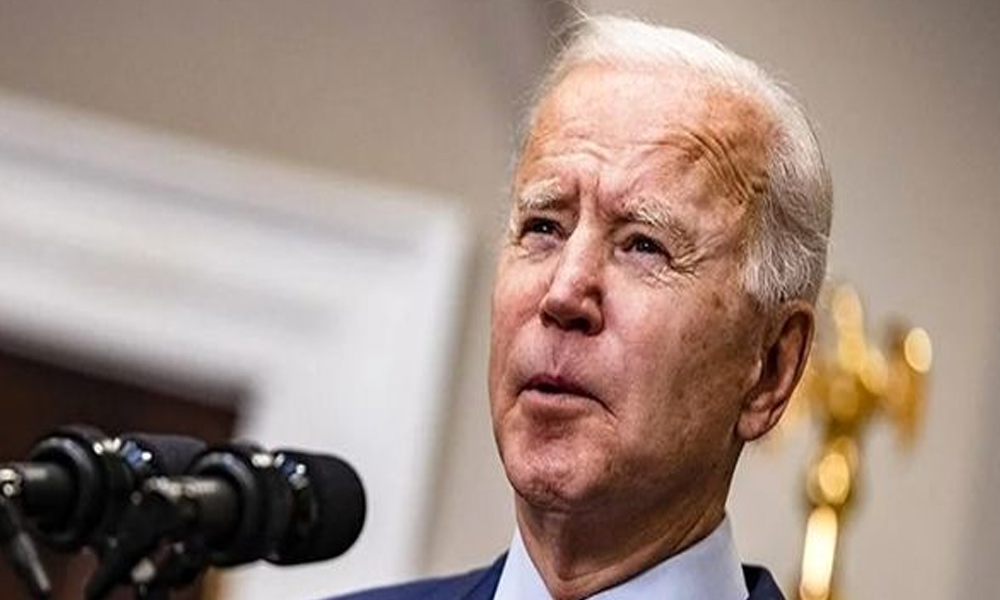
A new national poll suggests that less than half of Democrats want President Joe Biden as their party’s presidential nominee in 2024 while a CNN survey released on Sunday also indicates that Republicans are split on whether former President Donald Trump should be their nominee for the White House race.
According to the poll, 45% of Democrats and Democratic-leaning independents think Biden should be their 2024 presidential nominee, with 51% saying they’d rather have a different candidate.
Fifty-percent of Republican voters and GOP-leaning independents said they think Trump should be their presidential nominee in 2024, with 49% saying the party should pick someone else, Fox News reported.
Asked last March at the first formal news conference of his presidency about his 2024 plans, Biden said, “My answer is yes. I plan on running for reelection. That’s my expectation.”
He said in an interview with ABC News in December that “if I’m in the health I’m in now, if I’m in good health, then in fact, I would run again.”
Since leaving the White House nearly 13 months ago, Trump has repeatedly hinted at making another White House run.
In a Fox News interview in November, Trump said that he’d “probably” announce his 2024 plans after the 2022 midterm elections, and once again said “a lot of people will be happy” with his decision.
In a separate question in the survey, 58% of respondents said they’re looking forward to the 2024 presidential election, with 41% saying they’re dreading it.
World
Trump signs order threatening tariffs on nations doing business with Iran

U.S. President Donald Trump signed an executive order on Friday that may impose a 25% tariff on countries that do business with Iran.
The order comes as tensions between Iran and U.S. continue to simmer even as the two countries engaged in talks this week.
World
Trump rejects Putin offer of one-year extension of New START deployment limits
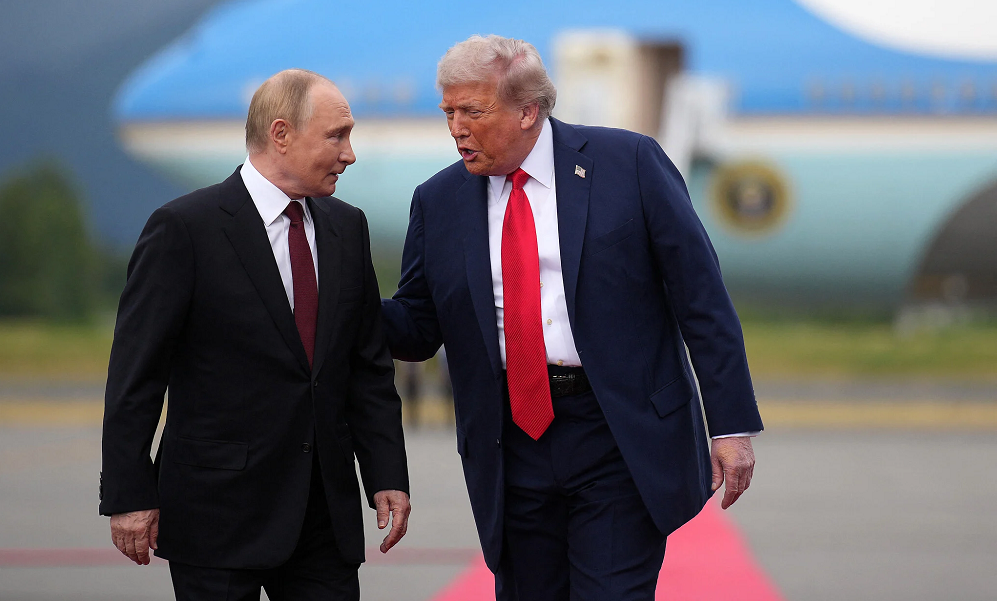
U.S. President Donald Trump on Thursday rejected an offer from his Russian counterpart to voluntarily extend the caps on strategic nuclear weapons deployments after the treaty that held them in check for more than two decades expired.
“Rather than extend “New START … we should have our Nuclear Experts work on a new, improved and modernized Treaty that can last long into the future,” Trump wrote in a post on his Truth Social platform, Reuters reported.
Arms control advocates warn that the expiration of the treaty will fuel an accelerated nuclear arms race, while U.S. opponents say the pact constrained the U.S. ability to deploy enough weapons to deter nuclear threats posed by both Russia and China.
Trump’s post was in response to a proposal by Russian President Vladimir Putin for the sides to adhere for a year to the 2010 accord’s limit of 1,550 warheads on 700 delivery systems — missiles, aircraft and submarines.
New START was the last in a series of arms control treaties between the world’s two largest nuclear weapons powers dating back more than half a century to the Cold War. It allowed for only a single extension, which Putin and former U.S. President Joe Biden agreed to for five years in 2021.
In his post, Trump called New START “a badly negotiated deal” that he said “is being grossly violated,” an apparent reference to Putin’s 2023 decision to halt on-site inspections and other measures designed to reassure each side that the other was complying with the treaty.
Putin cited U.S. support for Ukraine’s battle against Russia’s 2022 full-scale invasion as the reason for his decision.
White House spokeswoman Karoline Leavitt told reporters that the U.S. would continue talks with Russia.
BOTH SIDES SIGNAL OPENNESS TO TALKS
Earlier, Kremlin spokesman Dmitry Peskov said Russia was still ready to engage in dialogue with the U.S. if Washington responded constructively to Putin’s proposal.
“Listen, if there are any constructive replies, of course we will conduct a dialogue,” Peskov told reporters.
The UN has urged both sides to restore the treaty.
Besides setting numerical limits on weapons, New START included inspection regimes experts say served to build a level of trust and confidence between the nuclear adversaries, helping make the world safer.
If nothing replaces the treaty, security analysts see a more dangerous environment with a higher risk of miscalculation. Forced to rely on worst-case assumptions about the other’s intentions, the U.S. and Russia would see an incentive to increase their arsenals, especially as China plays catch-up with its own rapid nuclear build-up.
Trump has said he wants to replace New START with a better deal, bringing in China. But Beijing has declined negotiations with Moscow and Washington. It has a fraction of their warhead numbers – an estimated 600, compared to around 4,000 each for Russia and the U.S.
Repeating that position on Thursday, China said the expiration of the treaty was regrettable, and urged the U.S. to resume dialogue with Russia on “strategic stability.”
UNCERTAINTY OVER TREATY EXPIRY DATE
There was confusion over the exact timing of the expiry, but Peskov said it would be at the end of Thursday.
Russia’s Foreign Ministry said Moscow’s assumption was that the treaty no longer applied and both sides were free to choose their next steps.
It said Russia was prepared to take “decisive military-technical countermeasures to mitigate potential additional threats to national security” but was also open to diplomacy.
That warning was in apparent response to the possibility that Trump could expand U.S. nuclear deployments by reversing steps taken to comply with New START, including reloading warheads on intercontinental ballistic missiles and submarine-launched missiles from which they were removed.
A bipartisan congressionally appointed commission in 2023 recommended that the U.S. develop plans to reload some or all of its reserve warheads, saying the country should prepare to fight simultaneous wars with Russia and China.
Ukraine, which has been at war with Russia since Moscow’s 2022 invasion, said the treaty’s expiry was a consequence of Russian efforts to achieve the “fragmentation of the global security architecture” and called it “another tool for nuclear blackmail to undermine international support for Ukraine.”
Strategic nuclear weapons are the long-range systems that each side would use to strike the other’s capital, military and industrial centres in the event of a nuclear war. They differ from so-called tactical nuclear weapons that have a lower yield and are designed for limited strikes or battlefield use.
If left unconstrained by any agreement, Russia and the U.S. could each, within a couple of years, deploy hundreds more warheads, experts say.
“Transparency and predictability are among the more intangible benefits of arms control and underpin deterrence and strategic stability,” said Karim Haggag, director of the Stockholm International Peace Research Institute.
World
US, Ukraine, Russia delegations agree to exchange 314 prisoners, says Witkoff
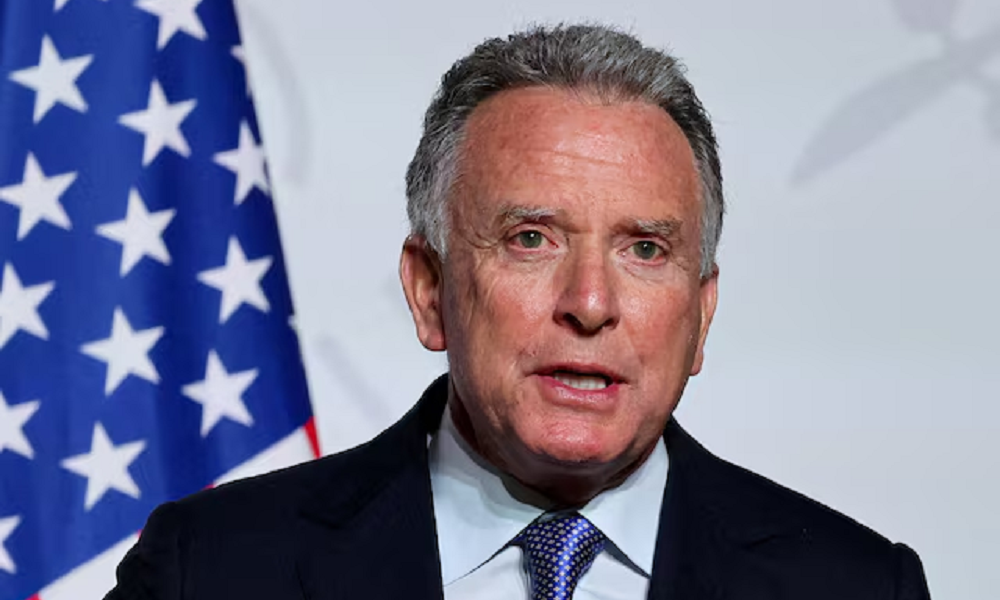
Delegations from the United States, Ukraine and Russia have agreed to exchange 314 prisoners, U.S. President Donald Trump’s special envoy Steve Witkoff said on Thursday, adding that significant work remained to end the war.
“Today, delegations from the United States, Ukraine, and Russia agreed to exchange 314 prisoners—the first such exchange in five months,” Witkoff said in a post on X.
“This outcome was achieved from peace talks that have been detailed and productive. While significant work remains, steps like this demonstrate that sustained diplomatic engagement is delivering tangible results and advancing efforts to end the war in Ukraine.”
According to Reuters report, Kyiv’s lead negotiator had called the first day of new U.S.-brokered talks in Abu Dhabi “productive” on Wednesday, even as fighting in Europe’s deadliest conflict since World War Two raged on.
Ukrainian President Volodymyr Zelenskiy had said Ukraine expected the talks to lead to a new prisoner exchange.
Witkoff added on X that discussions would continue, with additional progress anticipated in the coming weeks.
The envoy did not give details on how many prisoners each country would exchange. The White House did not immediately respond to a request for comment outside regular business hours.
-

 Sport4 days ago
Sport4 days agoJapan trumps Afghanistan 6-0 in AFC Futsal Asian Cup quarter-final
-

 Sport4 days ago
Sport4 days agoHosts and heavyweights advance as AFC Futsal Asian Cup reaches semifinals
-

 Latest News3 days ago
Latest News3 days agoTerrorist threat in Afghanistan must be taken seriously, China tells UNSC
-

 Latest News4 days ago
Latest News4 days agoUzbekistan, Pakistan advance Trans-Afghan railway project
-

 Business5 days ago
Business5 days agoAfghanistan seeks expanded ties with Russia in energy, mining and infrastructure
-
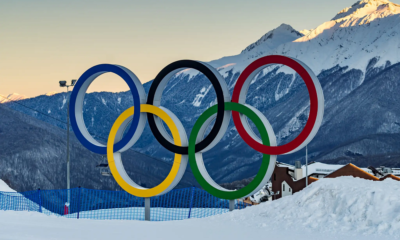
 Sport4 days ago
Sport4 days agoWinter Olympics finally underway, ATN to broadcast exclusively across Afghanistan
-

 Sport3 days ago
Sport3 days agoAfghanistan beat West Indies in final T20 WC warm-up match
-
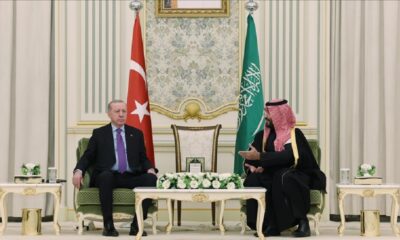
 Regional4 days ago
Regional4 days agoTurkish President Erdogan meets Saudi Crown Prince in Riyadh




